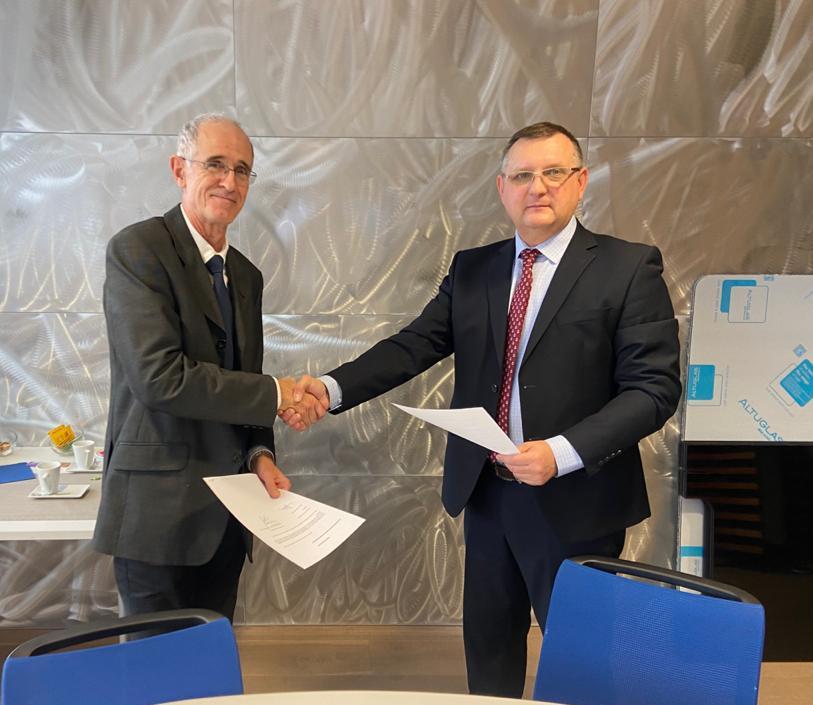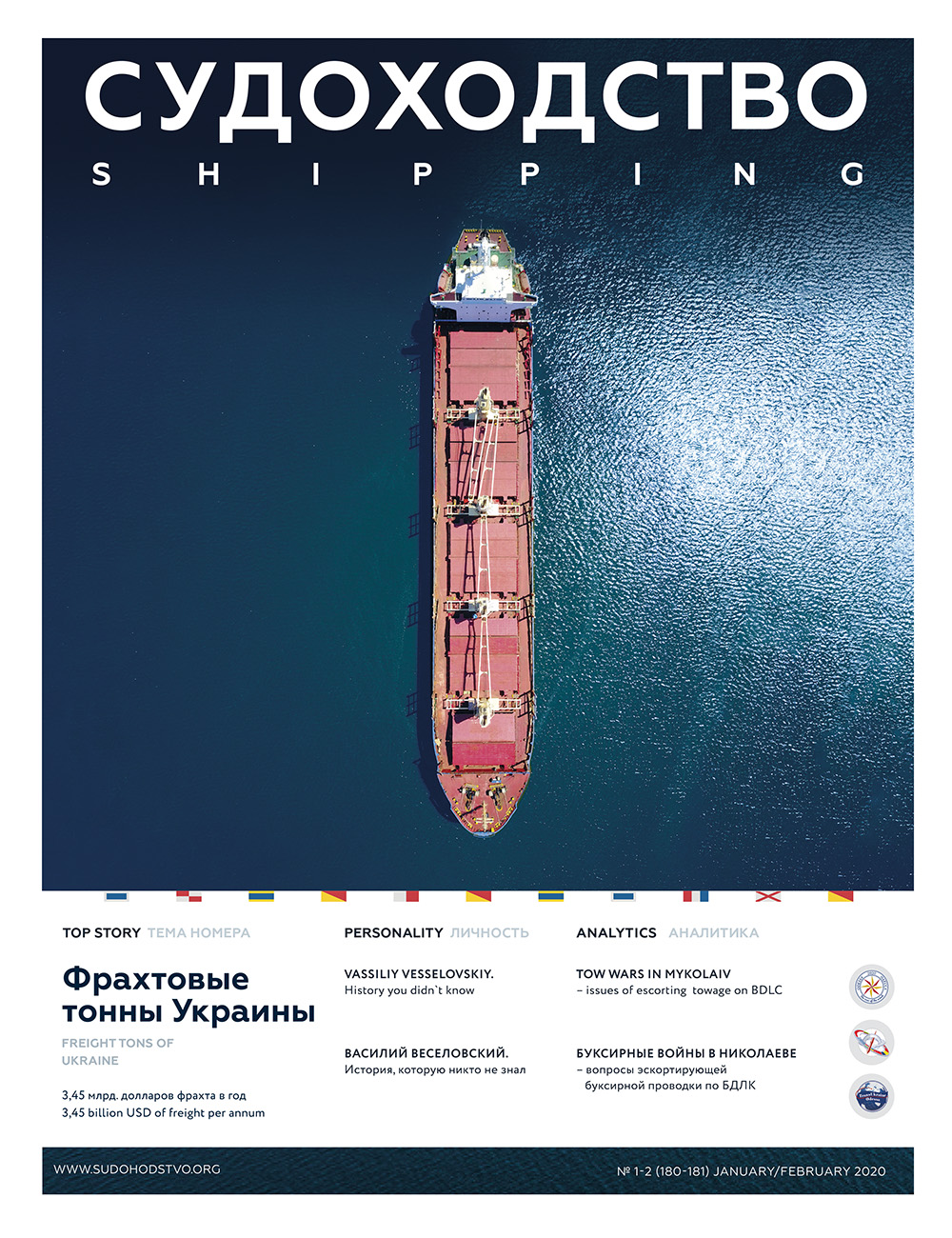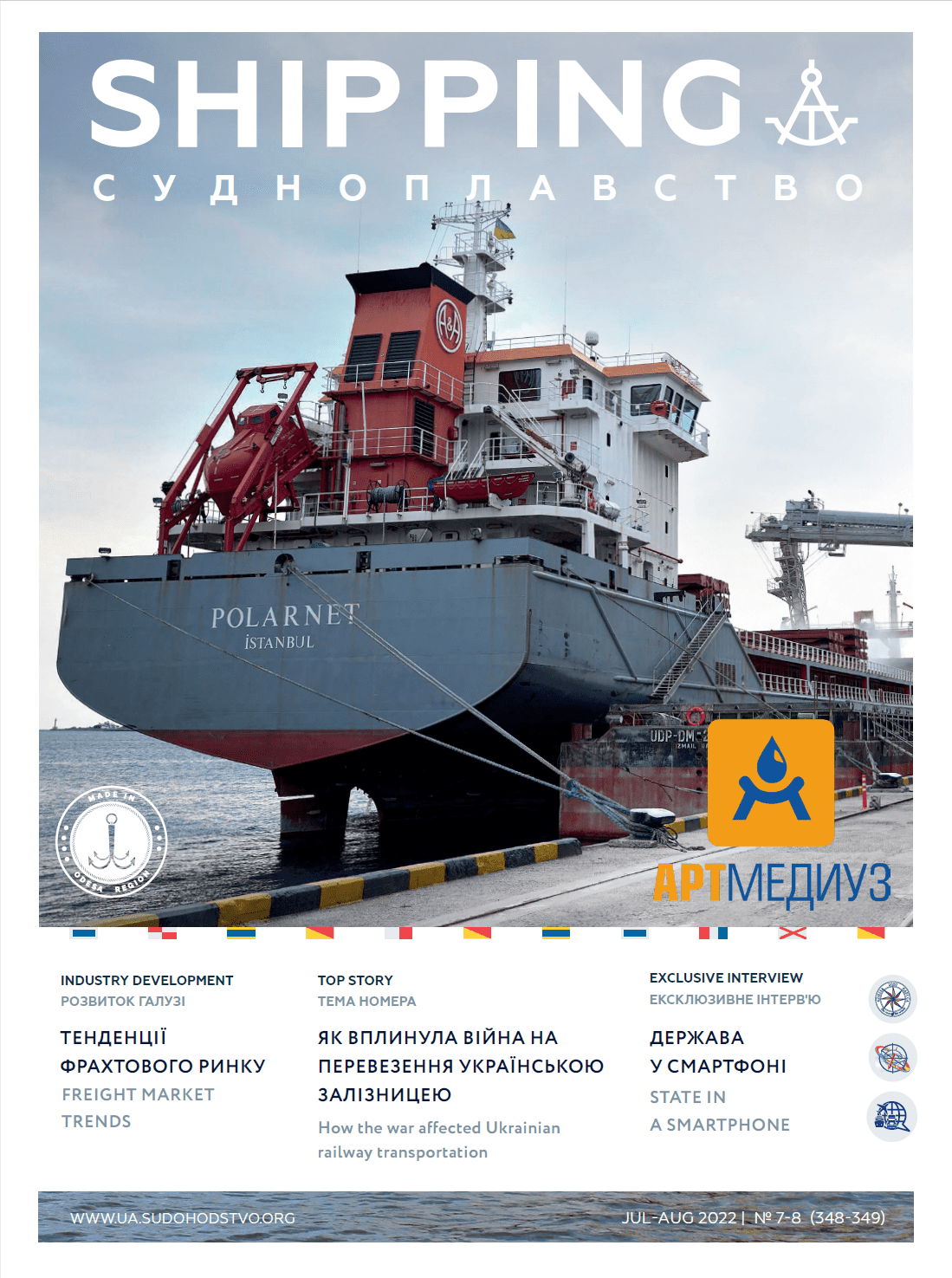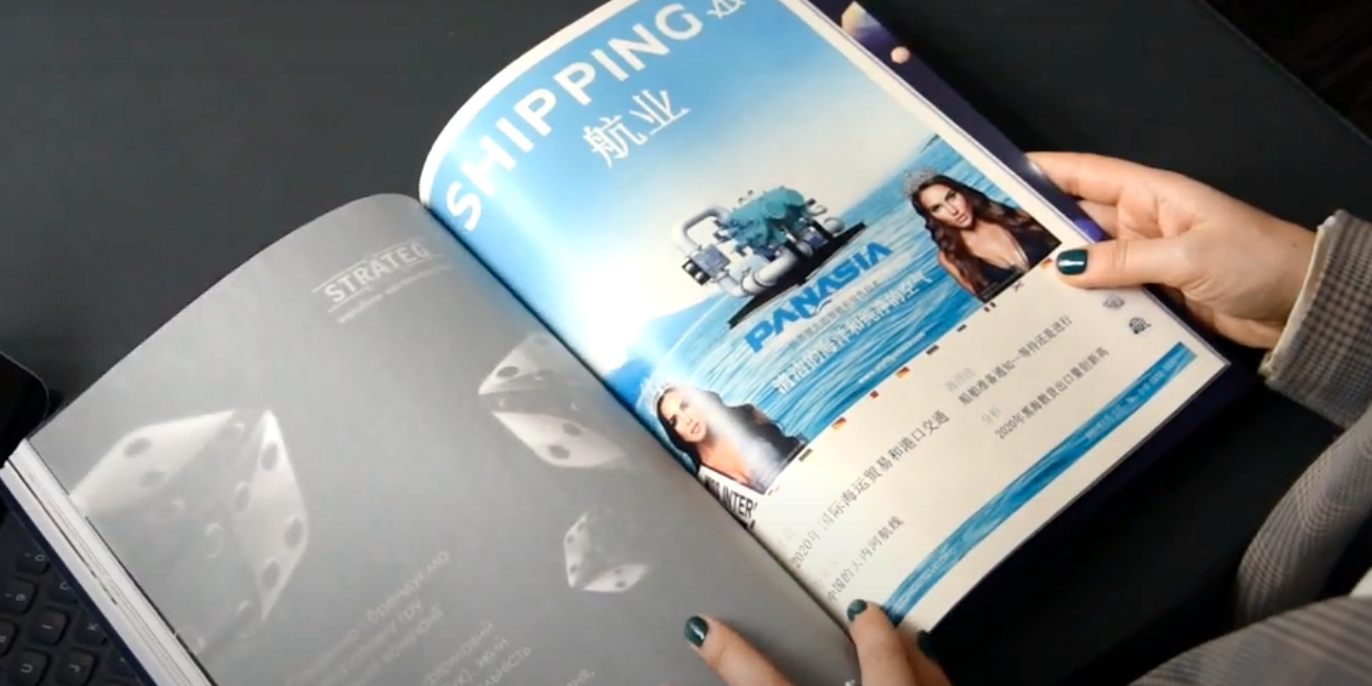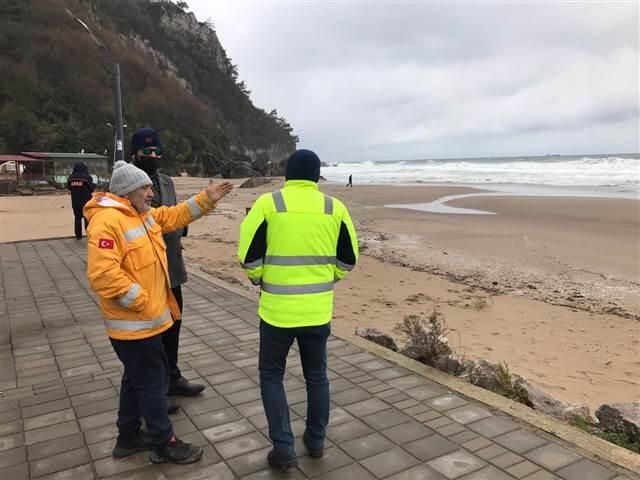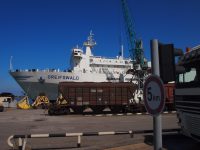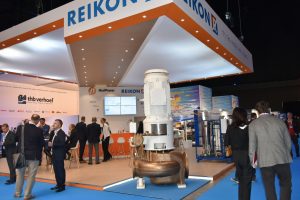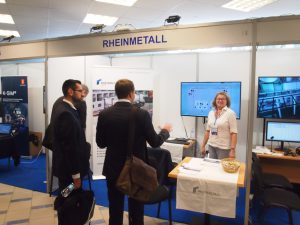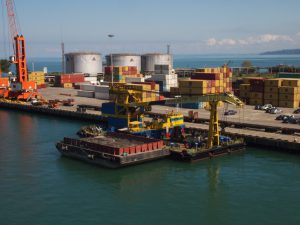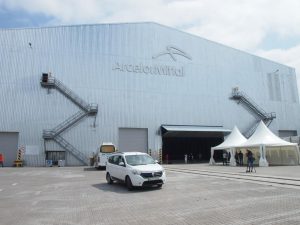Belgian tanker shipping company Euronav doesn’t seem to be on board the scrubber team due to numerous concerns related to the installation of the technology on board its ships.
The company said that it sees very low returns on upfront capital investment of USD 5 million per very large crude carrier (VLCC), despite market reports that ships with scrubbers are likely to reap the fruit from higher charter rates come 2020.
“Promoters of scrubbers have used marine gas oil (MGO) as a proxy for the price of compliant fuel. Some refiners including Sinochem have recently confirmed that they will sell clean compliant fuel at a price likely to be half the difference between dirty HFO and MGO. So the investment case now has half the returns being promoted and it is still 14 months before implementation and nothing suggests this price gap will not further narrow in that time,” Euronav said.
The company also believes that there is a risk of pollution from scrubbers, especially when considering the open-loop option, as seawater used to remove sulphur from exhaust gases is returned to the sea jeopardizing natural buffering capacity of the water.
As explained, there is unknown cumulative impact of increasing sulphur content in world’s oceans, the most likely outcome being the increase in ocean acidity over time.
Furthermore, the company cited additional Capex and Opex costs of operation and unproven application of this technology in a large volume tanker environment as argumentation against the installation, pointing to the known risk of corrosion.
“Promoters of this technology argue that the open oceans dilute waste water, rendering it harmless. But the solution to pollution is not dilution. Like plastic contamination over the years, we don’t know what the cumulative effect of this waste water will be or how it will interact with existing seaborne pollutants, particularly in congested sea-lanes like the English Channel, Malacca Straits or Baltic Sea,”the company added.
Finally, Euronav argues that so far flag states appear ill-equipped to ensure regulatory compliance.
“Installing a scrubber enables regulatory compliance with the continued use of non-compliant high sulphur fuel. But weak regulatory oversight means non-compliance in the open sea, whether through breakdown or malfeasance, cannot be effectively controlled.
«Refiners and oil producers have increasingly made clear that sufficient compliant fuel will be available. Scrubbers are therefore a loophole which makes enforcement of the sulphur ban extremely complex, difficult to enforce and likely to facilitate non-compliance,” the company concluded.

